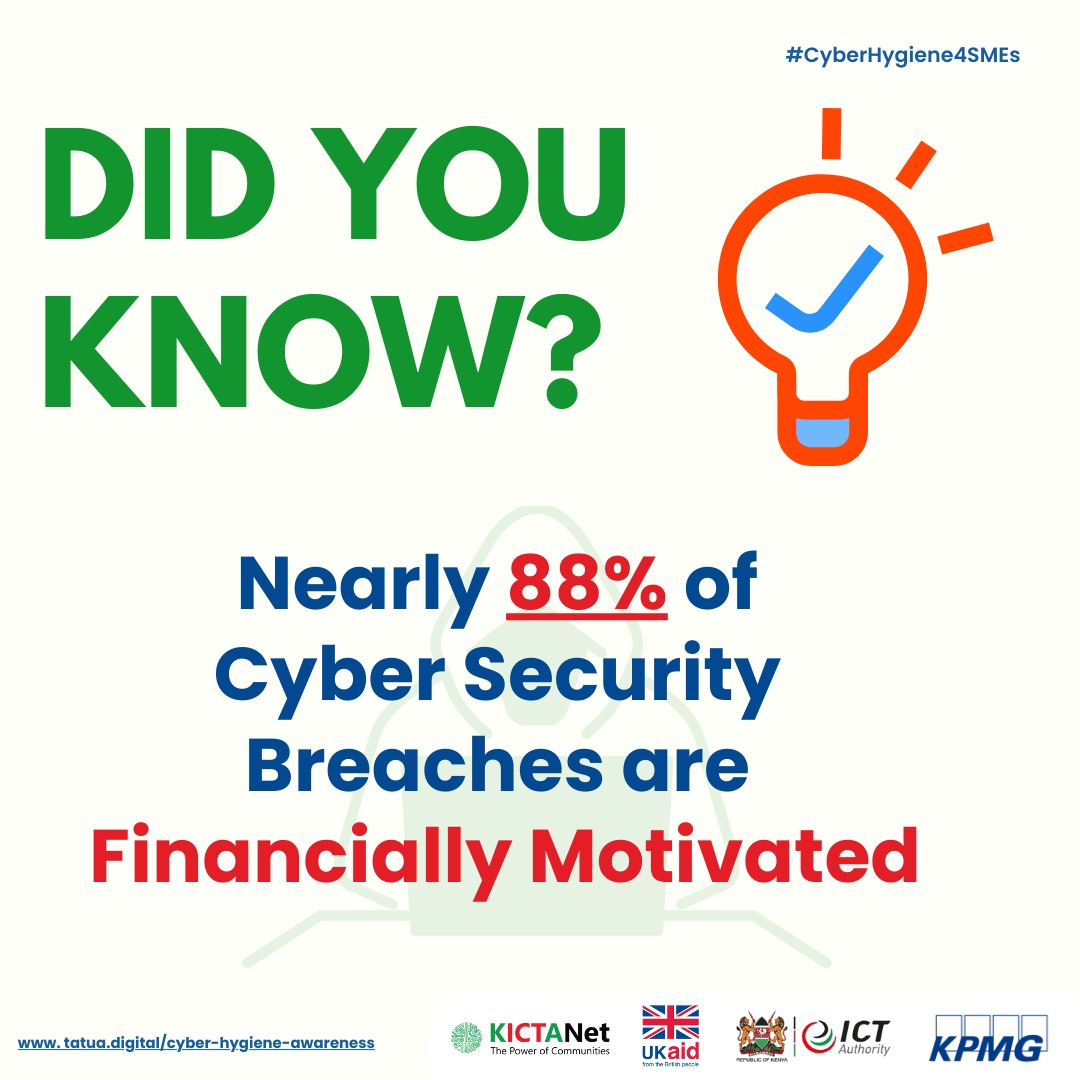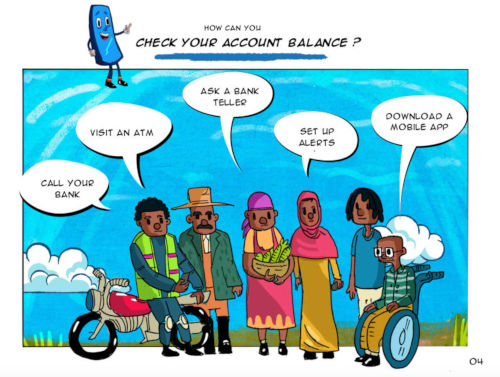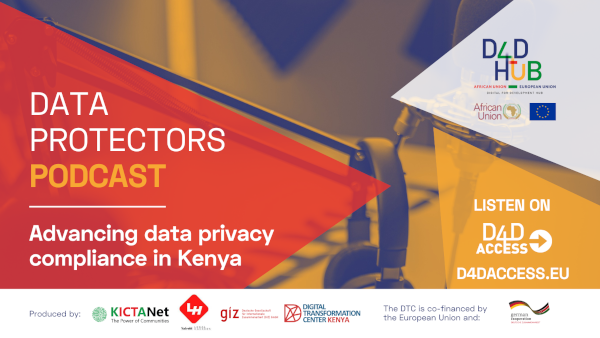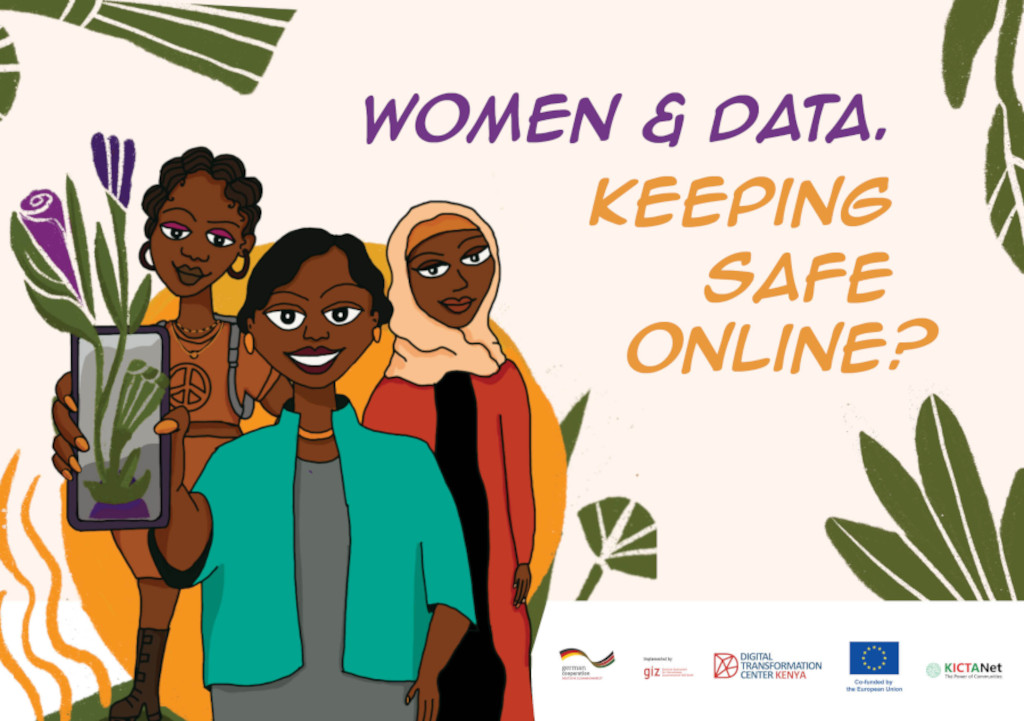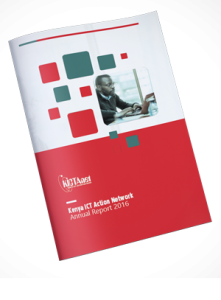KICTANET POST : Latest news, events & opportunities
Online Violence. Victim Tells it all
By Jeridah Adayi. My sister called me and went like, you what have you done on Facebook?” Not suspecting anything unusual, I answered casually with a chuckle, “Now what? I told you to stop stalking me online.” When I post something on social media, my sister will...
Kenya’s burden – the effects of digital taxes on smes
By Mwenda Tevin Gitonga. Â If there is an African country that prides itself as being the centre of innovation and technological developments in Africa, it is Kenya. We have come to be known as the Silicon Savannah due to our ability to innovate and adapt to...
Online Bullying still on the rise
Cyberbullying is defined as the violence that takes place over digital devices like computers, phones, tablets either through hacking, messaging, apps, or gaming with the material shared being negative, harmful, false, and injurious to the other party.
Online violence in times of Covid-19
By Cecilia Maundu As the world struggles with the issue of Covid-19 most people have been forced to work from home. This has in turn seen a lot of people being online. According to Kenya’s top telecoms operator, Safaricom has seen a 70% surge in data usage as people...
Kenya: Much more is required to achieve digital rights.
by Grace Mutung'u. In 2019, Kenya underwent its third cycle of the Universal Periodic Review (UPR). UPR is a UN mechanism through which countries are analysed for their human rights record. Kenya's last UPR was in 2015. During that review, some of the issues raised...
Software Runs My Car, and the license just expired
by Mwenda Tevin Gitonga and Mwangi Michael Mbuthia. The vehicle of your dreams has finally arrived and you cannot wait to take it out on the road. It's second hand but it is still your dream vehicle. On switching on the ignition key you get the surprise of your life....
The Resilience of Kenya’s Internet Freedoms During covid-19 Pandemic
Kenya recorded the first case of Coronavirus infection on 12th March. Since then, the numbers have continued to grow with a total of 103 infections and 3 fatalities as at 30th March. In order to curb the disease spread, the government instituted a number of measures,...
Cryptocurrency scams on the rise; Our People Perish for Lack of Knowledge
By Tevin Mwenda. The fourth industrial revolution has been billed as the key to unlocking Africa’s vast potential and propelling Africa to ‘developed status’. Some of the biggest components of the Fourth Industrial Revolution are disruptive technologies such as...
Data Privacy Day 2020: 4 Good Things in Kenya’s Data Protection Act, 2019
By Francis Monyango. Today is the 28th of January. Data Protection Day or Privacy Day. The day when we all commemorate the 1981 signing of the Council of Europe's Convention 108 for the Protection of Individuals with regard to automatic processing of personal data,...
KICTANet is a multi-stakeholder Think Tank for ICT policy and regulation. The Think Tank is a catalyst for reform in the Information and Communication Technology sector. Its work is guided by four pillars of Policy Advocacy, Capacity Building, Research, and Stakeholder Engagement.
KICTANet’s mission is to promote an enabling environment in the ICT sector that is robust, open, accessible, and rights-based through multistakeholder approaches.
During the 2022 – 2024 strategic period, KICTANet has prioritised the promotion of effective multistakeholder participation; an enabling legal, policy and regulatory environment; building capacities and empowered communities; and institutional strengthening. KICTANet’s guiding philosophy encourages synergies in ICT policy-related activities and initiatives. As such, the network provides mechanisms and a framework for continuing cooperation, engagement and collaboration in ICT matters among industry, technical community, academia, media, development partners, civil society and government.
_____
Strategic Priority.
- Convening power. To strengthen and promote engagement, collaboration and relationships with relevant stakeholders (state, business and non-state actors).
- Promoting an enabling environment. To catalyse policy, legislative and regulatory reforms in the ICT sector.
- Building capacities and empowered communities. To build the capacity of the stakeholders across government, business society and civil society and the citizens.
- Institutional strengthening.
The report outlines the work undertaken in between 2007 and 2016 which is underpinned by crowd sourcing and community engagement
Click here to download the report
FACTS AND FIGURES
Achievement of the Network over the Years
Publications
Thought Leadership Forums
Persons trained
Policy Interventions
Conversations in KICTANET listserv
Active listers contributing often
Different conversation threads
Impressions on ICT policy discussions
Our Pillars
KICTANet’s organisational strategy:
Policy Advocacy
Capacity building
Research
Stakeholder engagement
We facilitate stakeholder engagement through collaborative initiatives in face-to-face Town Hall meetings, and in the KICTANet?s interactive mailing list where multiple stakeholders engage regularly on ICT policy issues.


